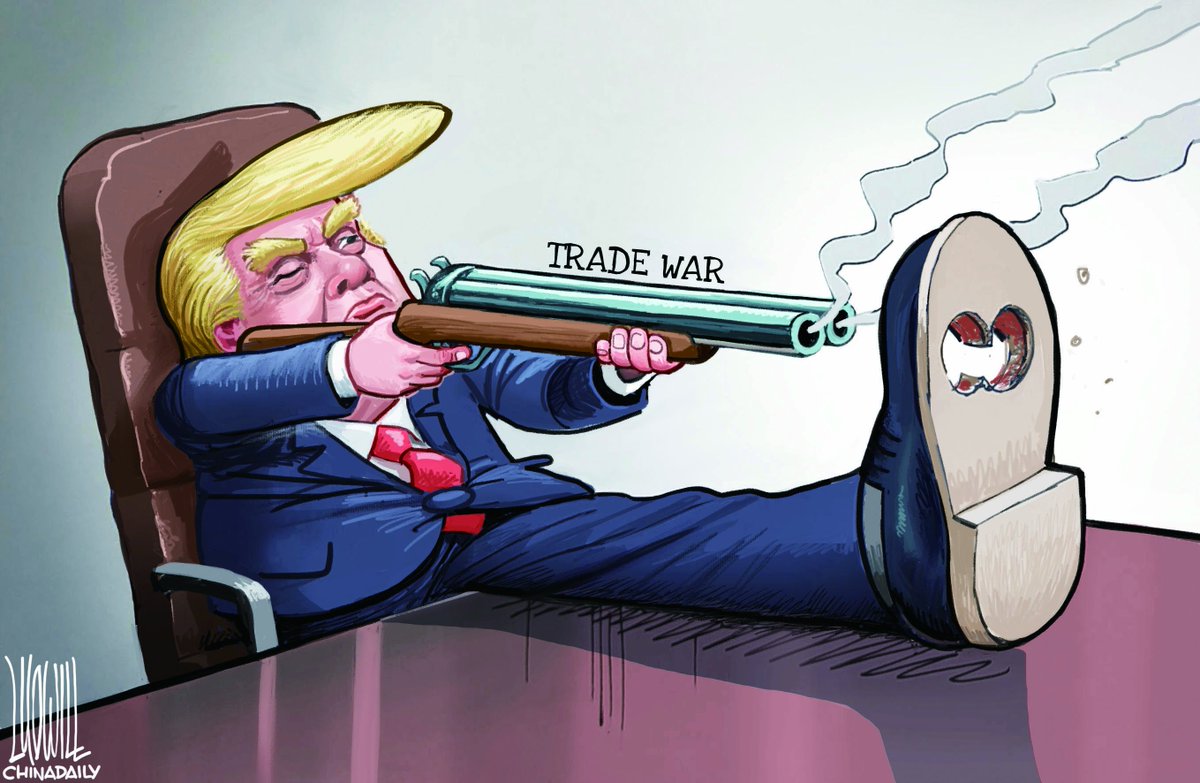#12 German billionaire Adolf Merckle, one of the 100 richest people in the world, has killed himself by jumping in front of a train—emotionally “broken” over a bad bet on Volkswagen last year.
Merckle’s business interests came out on the wrong side of last year’s short squeeze of Volkswagen. Rival Porsche silently cornered the market on Volkswagen shares, and when they revealed the extent of their stake, the price of Volkswagen stock shot up to levels that made it briefly the world’s most valuable corporation. Many hedge funds who had bet against Volkswagen shares lost huge amounts of money, while Porsche made billions in profit.
Merckle, whose personal wealth was estimated at more than $9 billion reportedly lost a billion alone on the Volkswagen stock, which shocked his employees. The loss led to margin calls from other creditors and threatened to unravel his entire private business empire. Full Article
#11 Nelson Bunker Hunt and William Herbert Hunt, the sons of Texas oil billionaire Haroldson Lafayette Hunt, Jr., had for some time been attempting to corner the market in silver.
The Hunt brothers had invested heavily in futures contracts through several brokers, including the brokerage firm Bache Halsey Stuart Shields, later Prudential-Bache Securities and Prudential Securities. When the price of silver dropped below their minimum margin requirement, they were issued a margin call for $100 million. The Hunts were unable to meet the margin call, and, with the brothers facing a potential $1.7 billion loss, the ensuing panic was felt in the financial markets in general, as well as commodities and futures. Many government officials feared that if the Hunts were unable to meet their debts, some large Wall Street brokerage firms and banks might collapse.
To save the situation, a consortium of US banks provided a $1.1 billion line of credit to the brothers which allowed them to pay Bache which, in turn, survived the ordeal. The U.S. Securities and Exchange Commission (SEC) later launched an investigation into the Hunt brothers, who had failed to disclose that they in fact held a 6.5% stake in Bache. Full Article
#10 Under the leadership of CEO Heinz Schimmelbusch, German metals and engineering giant Metallgellschaft was on the brink of bankruptcy after losing $1.3 billion on speculative bets. The firm bet on an increase in oil prices in oil futures markets, but oil prices dropped instead. Full Article
#9 Robert Citron lost $1.7 billion for Orange County, California forcing it into Chapter 9 bankruptcy.In 1994, Citron was Treasurer-Tax Collector for Orange County, California. As treasurer, Citron used a series of highly-leveraged deals that included repurchase agreements and floating rate notes. Full Article (more…)










